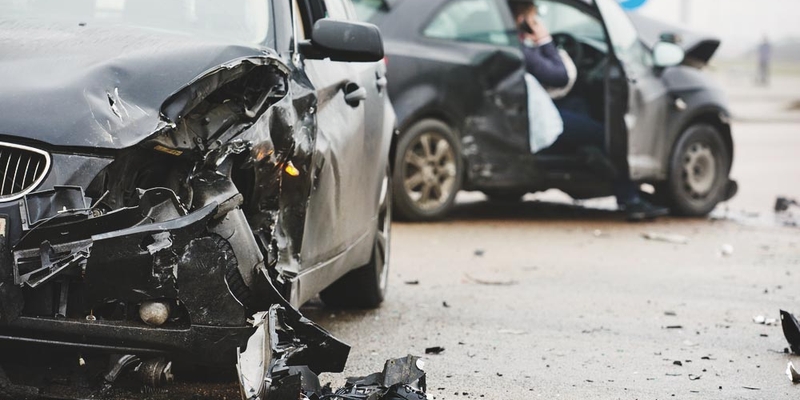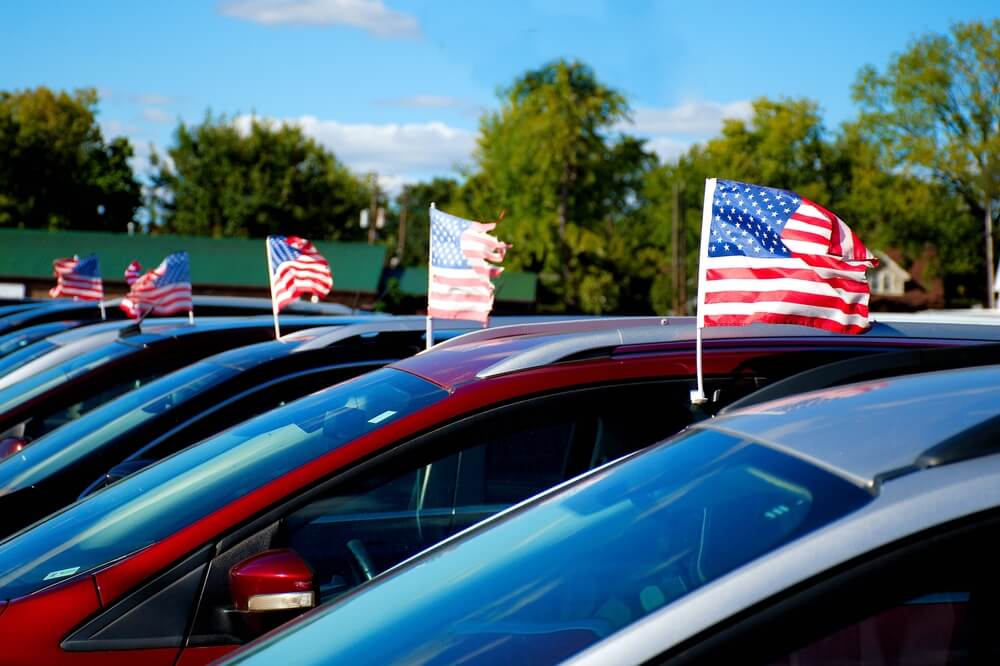
If you are not redirected within 30 seconds, please click here to continue.
Samedi: 10h – 16h HAE

If you are not redirected within 30 seconds, please click here to continue.
If you are not redirected within 30 seconds, please click here to continue.
When do insurance companies write off a vehicle rather than repair it?

Have you ever been involved in a car accident? The physical or emotional trauma you experience might be compounded by worries about what to do if your insurance provider decides to write off your vehicle rather than repair it.
Many of us rely on our cars on a daily basis for work or family commitments, and suddenly being without one can be a real concern.
Deeming your vehicle a total loss
When an insurance provider writes off your vehicle, it’s because it has deemed it a “total loss.” What this means is that the cost of repairing the vehicle is greater than what it’s worth overall. In other words, it's not economically viable to repair. Typically, this happens when the damage sustained is substantial.
You may have experienced, however, having your vehicle deemed a total loss after a relatively minor collision. The reasons for this are varied. With high inflation, car repair costs are higher than they used to be, and some vehicle makes and models can be difficult to find parts for — especially if the manufacturer has since folded or gone in a different direction with their builds. If your car is an older model, its parts may be rare, and so their cost has gone up considerably since your initial purchase.
Alternatively, it could be that the parts need to be shipped from abroad, and shipping costs have seen a significant increase in recent years. Transporting the required part(s) might not be worth the associated cost. Shipping times can be lengthy, and your insurance provider may be forced to cover the cost of a courtesy or rental car while you wait. These costs can quickly stack up, especially if you’re relying on the rented vehicle for a long time. Insurance companies may opt to write the car off instead of facing these inflated costs.
How do insurance providers value used cars in Canada?
If your insurance provider is deciding whether to write off your vehicle, the first thing it will do is assess the cash value of the vehicle from just before the collision, and then work out whether the cost of the repairs outweighs that value. Typically, if the cost of repairs reaches 50% or more of the vehicle’s value, your insurance provider will write the vehicle off.
In order to do this, it will send someone to appraise your car and compare it to other similar used models. It would then look into the cost of the part(s) that need replacing, and the required labour and associated costs, such as providing a rental car in the meantime. If you disagree with your insurance provider’s assessment, you may appeal it, but you would need to have sufficient evidence to back up your claims.
However, some insurance companies also offer a depreciation waiver endorsement, which means you would be paid out the full market value of the car at the price you initially paid for it, rather than what its depreciated value is at the time of the write-off. You would have to have purchased this endorsement when you signed up for your policy, however.
How do I make an insurance claim?
Following your accident, you must submit your claim to your insurance provider within seven days (or as soon as possible after that, if circumstances don’t allow you to do it any earlier).
Double check your policy and confirm which elements are covered. Your insurance company will also spend some time determining who was at fault, and this can affect the amount you would be paid out, as well as whether you have to pay your deductible.
Interested in creating content with Rates.ca? Reach us at email@rates.ca.
Don't waste time calling around for auto insurance
Use Rates.ca to shop around, and compare multiple quotes at the same time.
Latest Articles
Get money-saving tips in your inbox.
Stay on top of personal finance tips from our money experts!










